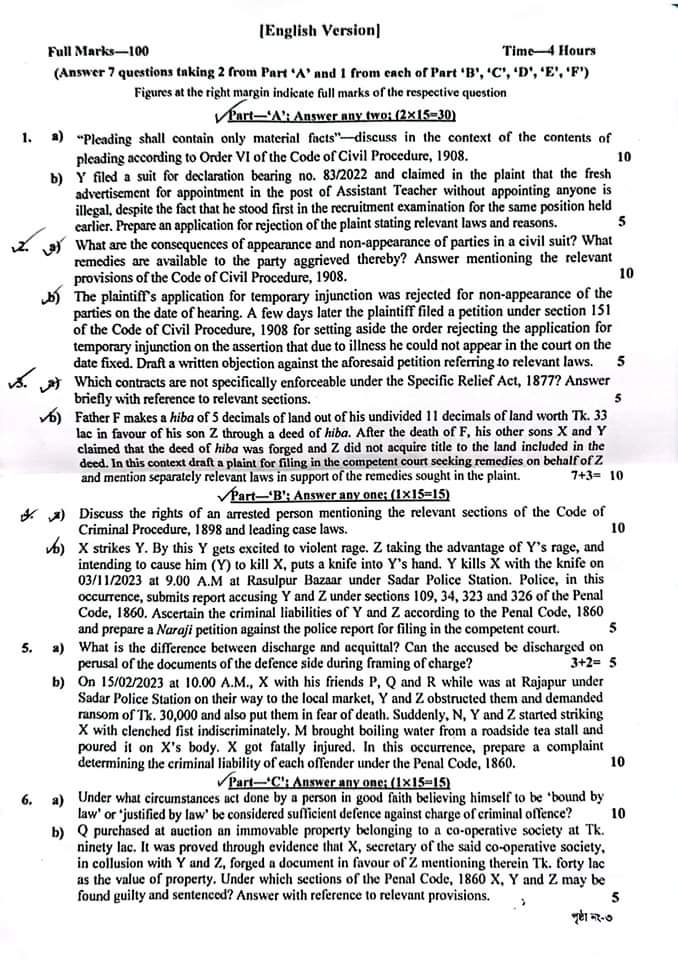Changes brought to Law of Evidence in Bangladesh by the Evidence (Amendment) Act, 2022
Features of the Evidence (Amendment) Act, 2022
With some nominal changes, the Evidence Act, 1872 which was enacted by the British Parliament in 1871 is still applicable in Bangladesh. Since this was obvious to amend this ages old law due to changes in lifestyle and up-gradation of technology, the Parliament has recently passed the Evidence (Amendment) Act, 2022 to amend existing Evidence Act. The main points of the amendment are newly defined documents, addition of provisions relating to digital, electronics, forensic evidence and relevance of those records as evidence. However, let’s concentrate on some issues relating to changes brought to the Evidence Act, 1872 by this amendment.
Purpose of the Evidence (Amendment) Act, 2022:
The core object of the Evidence (Amendment) Act, 2022 is enacting provisions relating to determination of admissibility of digital records and forensic materials or objects as evidence. It has also repealed sub-section (4) of section 155 of the Evidence Act, 1872 which gave the rape victim the opportunity to be questioned about her character during cross-examination.
Digital, electronic, forensic materials or objects as evidence:
A separate section 65B has been added by this amendment Act to make Digital Records admissible as evidence. Section 65B provides that subject to fulfillment of some conditions any Digital Record can be included as direct evidence. Among these, the main condition is that the information of the computer should be accepted as evidence, if it is proved that the computer was used under the lawful control of that person. Also, if any information is created through multiple computers, then those computers will also be treated as a single computer. Which computer was under lawful control will arise as a question of fact.
For example, in drug cases, just as chemical examination is required to understand whether an object is a drug or not. Similarly Digital Forensic Examination will be required for digital record of proof. For Digital Forensic Examination, the Investigating Authority with expertized knowledge with technology shall play the main role.
New sections 81A, 85A, 85B, 85C of this amendment act contains that the court shall presume the genuineness of Gazettes in Digital Form, Agreements in Digital Form, Digital Record and Digital Signatures and Digital Signature in Certificates, if any contrary is not proved.
On the other hand, under new sections 88A, 89A, and 90A, the court may presume that digital communication, physical or forensic evidence and digital records of five years old will not be admissible directly.
Questioning about character of rape victim woman:
This amendment has abolished the possiblity of asking objectionable questions in cross-examination about the character of a woman by repealing section 155(4) which allows rape victims to be questioned about their character during cross-examination because of its being degrading to women and against the principle of 'equality in the eyes of law'. Through this, the character of the rape victim woman will become irrelevant.
On the other hand, the character of the victim of rape and attempted rape cases in the interest of justice can be allowed only with the permission of the court as per section 146.
Concluding Remarks:
Amendment to the Evidence Act, 1872 has been brought mainly for the inclusion of digital, electronic and forensic materials and contents as evidence in the legal proceedings. Though, changes have been made, for it's execution, we need more trained up lawyers, judges and investigating officers.






